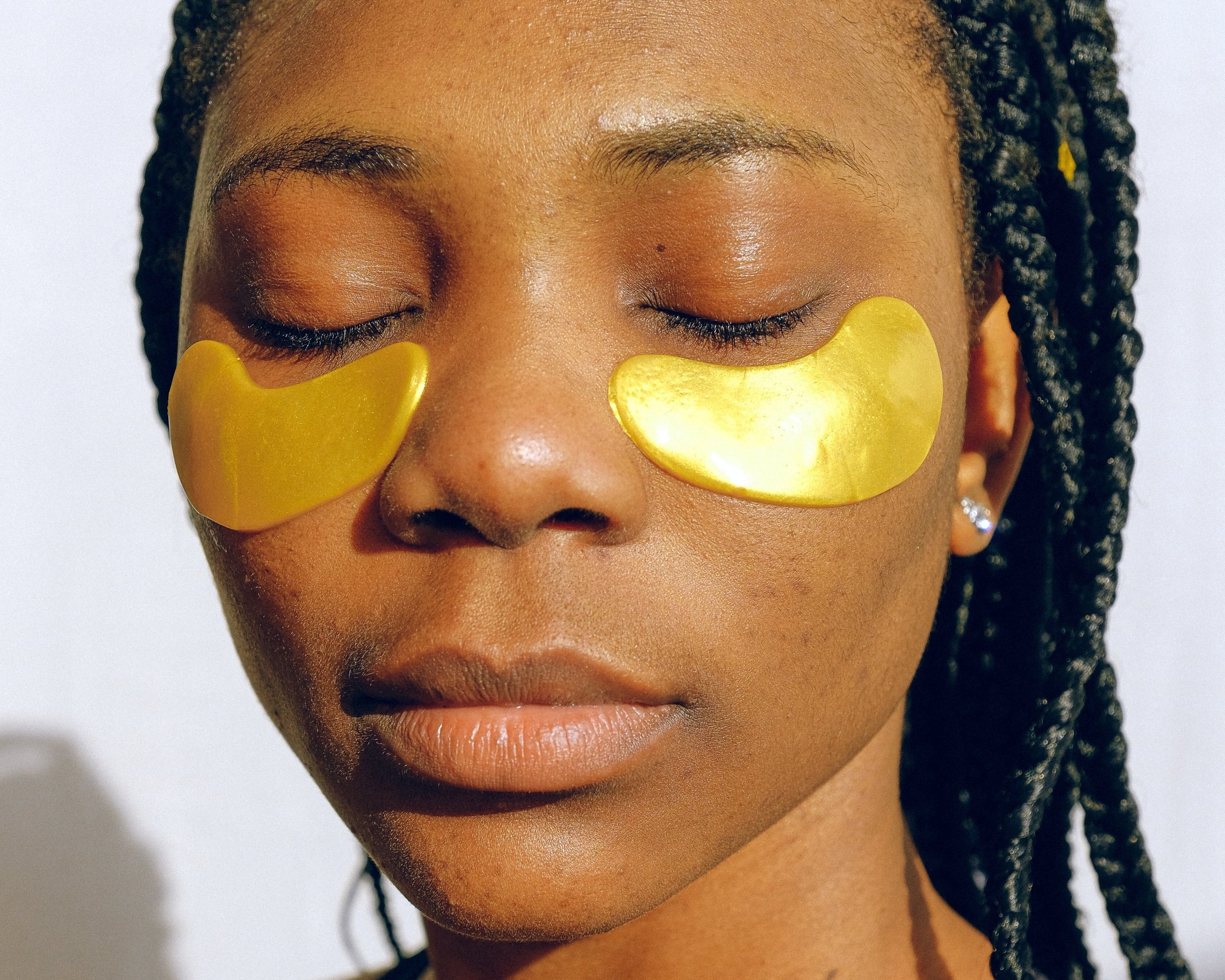Sis is Tired. Mental Health Professionals Break Down the Value of Self-Care for Black Women & Girls
TRIGGER/CONTENT WARNING: This story discusses suicide and suicidal ideation. For mental health resources, check out Black Emotional and Mental Health (BEAM) Collective: Mobile Crisis Unit Services in the U.S. If you or know someone who is suicidal, the National Suicide Prevention Lifeline is available 24/7 at 1-800-273-8255. The National Suicide Prevention Lifeline is free and confidential.
Written by Imani Stephens
As the weather warms up and COVID-19 pandemic-related restrictions ease across the country, there seems to be an opportunity to find rest. However, finding a place of “rest” continues to pose a challenge for those with more marginalized identities – particularly Black women.
According to the Economic Policy Institute, the rate of Black women between the ages of 25 to 54 working is 3.4 percent below the rate one year before the COVID-19 pandemic began. Whereas the rates for all other women decreased by 2.3 percent – with the rate for white women decreasing by 1.9 percent – during the same time frame.
Mental Health Professionals Discuss Self-Care for Black Women & Girls
To bring awareness to mental health and wellness for Black women and girls, Therapy for Black Girls is an online community resource that connects those seeking help from licensed mental health professionals. In addition, Therapy for Black Girls creator Dr. Joy Harden Bradford hosts a weekly podcast that holds spaces for conversations about mental health. Dr. Ericka Goodwin and Dr. Vernessa Roberts are among many licensed mental health professionals whose services are listed in the Therapy for Black Girls provider database.
Dr. Ericka Goodwin, a Child, Adolescent and Adult psychiatrist for Goodwin Medical Associates and Goodwin Wellness Enterprises, described the current state of exhaustion for Black women and girls as high.
“[When] you add the amount of stress, emotional capacity and mental capacity that's being pulled on by the pandemic – causing up to four in ten adults to have anxiety and depressive symptoms – and then add on all of the pressures of racial injustice, along with just dealing in a community that is not always welcoming to us…the level of stress of Black women is extremely high,” said Dr. Goodwin.
Symptoms of depression may include tiredness, sleep disturbances, physical aches or pain, angry outbursts, suicidal ideation, or feelings of sadness, according to Mayo Clinic.
To manage the potential stress of the pandemic and life challenges, Dr. Vernessa Roberts, a licensed Marriage and Family Therapist, recommends using the word “no” more often.
“We feel like we always owe an explanation to individuals of why we're saying no, and you really don't. It's like no. And there's a period after that,” said Dr. Roberts.
Dr. Roberts further explained that saying “no” affects her the most, but as women, using “no” is a step to making ourselves more of a priority in our own lives.
“Find what is enjoyable for you, and not for others, not what you see people doing around here on social media,” said Dr. Roberts.
Roberts also points to utilizing the environment around you now that pandemic-related restrictions are easing up. This could include eating out, participating in local activities with your church or volunteering in your community. In addition, Roberts suggests prioritizing movement, such as stretching, meditating and other physical activities.
“That can be something [you] enjoy in the house and that could be something you enjoy in your front or backyards. That could be something you get out and enjoy outside of your house. But really find something that's enjoyable for you,” said Roberts. “We have to start valuing our energy just the same way that we value others.”
Imani Stephens (she/her) is an experienced multimedia journalist. She is an eager and passionate journalist with a focus on investigations, law, justice, crime and politics.


